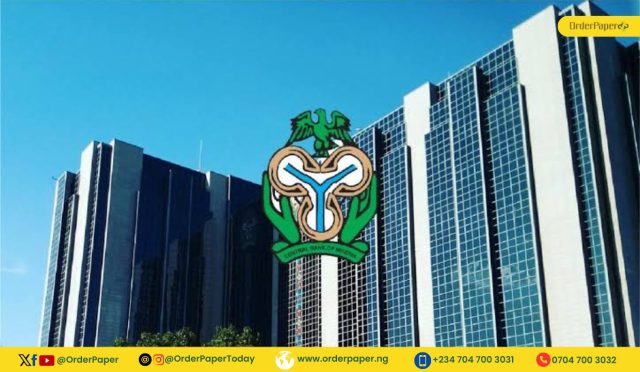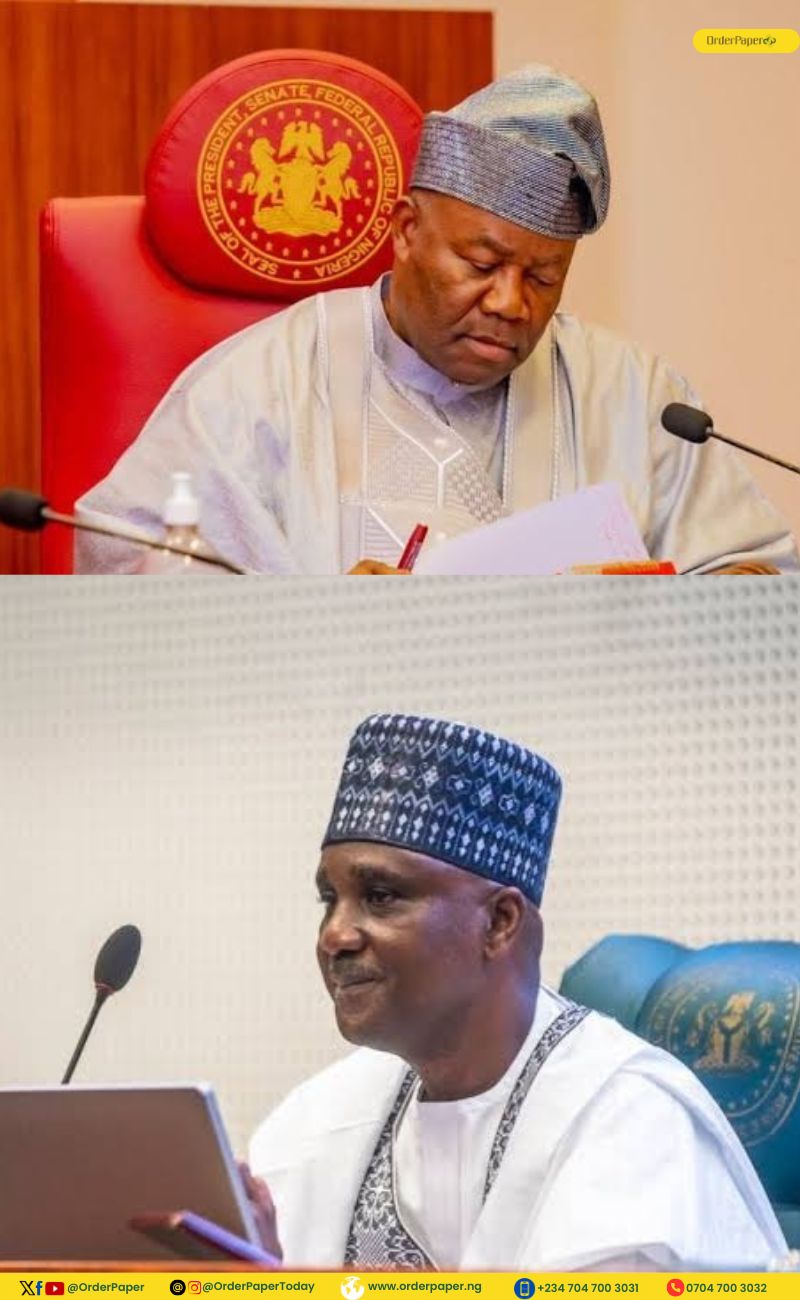Despite objection by some lawmakers in the House of Representatives, both the Senate and House okayed a raise to 10% in Ways and Means by the CBN to Federal government

The House of Representatives and Senate has both resolved to increase the Central Bank of Nigeria (CBN)’s advances to the Federal Government from five percent to a maximum of ten percent.
This was a major outcome of the emergency plenary session held on Wednesday by both chambers of the National Assembly.
The House dissolved into a committee of the whole during which deputy majority leader, Rep. Halims Abdullahi (APC Kogi) read a synopsis of the bill titled: “A Bill for an Act to Amend the Central Bank of Nigeria Act, to increase the Central Bank of Nigeria’s total advances to the Federal Government from five per cent to a maximum of fifteen per cent and for related matters. (HB.1579)” He said: “the bill is targeted at improving the reoccurring revenue of the land. Taking corgnisance of the current economy of the country there is need for the CBN to review their policy.”
There was a move to alter certain clauses of the bill by minority leader of the House, Rep. Kingsley Chinda (PDP Rivers). He noted that rather increase the advances to 15% from the current 5% it should be reduced to 2% to allow for accountability and transparency. He said: “ Part of what we have been talking about are issues of accountability and transparency, allowing CBN to advance 15% of the entire budget will not only erode our own power as National Assembly but will give a lot of latitude for discretion and that is why I want us to reduce from 5% to 2%,”
Countering the minority leader’s stance, Rep. Abiodun James Faleke (APC Lagos), said for the survival of the economy, there is a need to move from 5% which was abused by the previous CBN to 15% rather than downgrading to 2% as suggested by Rep. Chinda. He added that the issues of accountability and transparency can be handled by the committees during performance of oversight functions.
Contributing to the debate, Rep. Isiaka Ibrahim (APC Ogun) and former deputy speaker of the House, Rep. Idris Wase (APC Plateau), argued for 10%.
Upon revert to plenary, the deputy speaker, Benjamin Kalu (APC Abia), who presided over the session, ruled in favour of 10% after putting the question. Dissatisfied with the ruling and believing that the ‘nays’ appeared louder, some lawmakers believed to be opposition members, staged a walkout from plenary.
Senate goes for 10%
In the Senate, a maximum of 10% of CBN advances to the government was also adopted. This was after the executive bill, presented by leader of the senate, Opeyemi Bamidele (APC, Ekiti Central) passed first, second and subsequently passed third reading during Wednesday’s emergency sitting.
In his lead debate, Bamidele clarified that the purpose of the bill is to allow the federal government to fulfil its obligations, both present and future, given the government’s growing need for funding to cover its expenditures and budget deficits. He went on to say that the advances will help preserve financial market stability by averting government default on its obligations and will supply quick cash to cover budget deficits and support necessary government spending.
The initial amendment bill called for a borrowing cap of 15%, but a number of senators urged that in order to maintain budgetary restraint, the borrowing cap should not go above 10%.
As a result, the Senate minority leader Abba Moro (PDP, Benue South) moved for an amendment to change the cap from 15% to 10% to whic a majority of senators agreed.
What is Ways and Means?
“Ways and Means” refers to the funds that the CBN lends to the Federal Government to support spending, adjusted to the timing of revenue generation.
According to the extant law, the advances provided by the central bank must not exceed five percent of the federal government’s revenue from the previous year.



